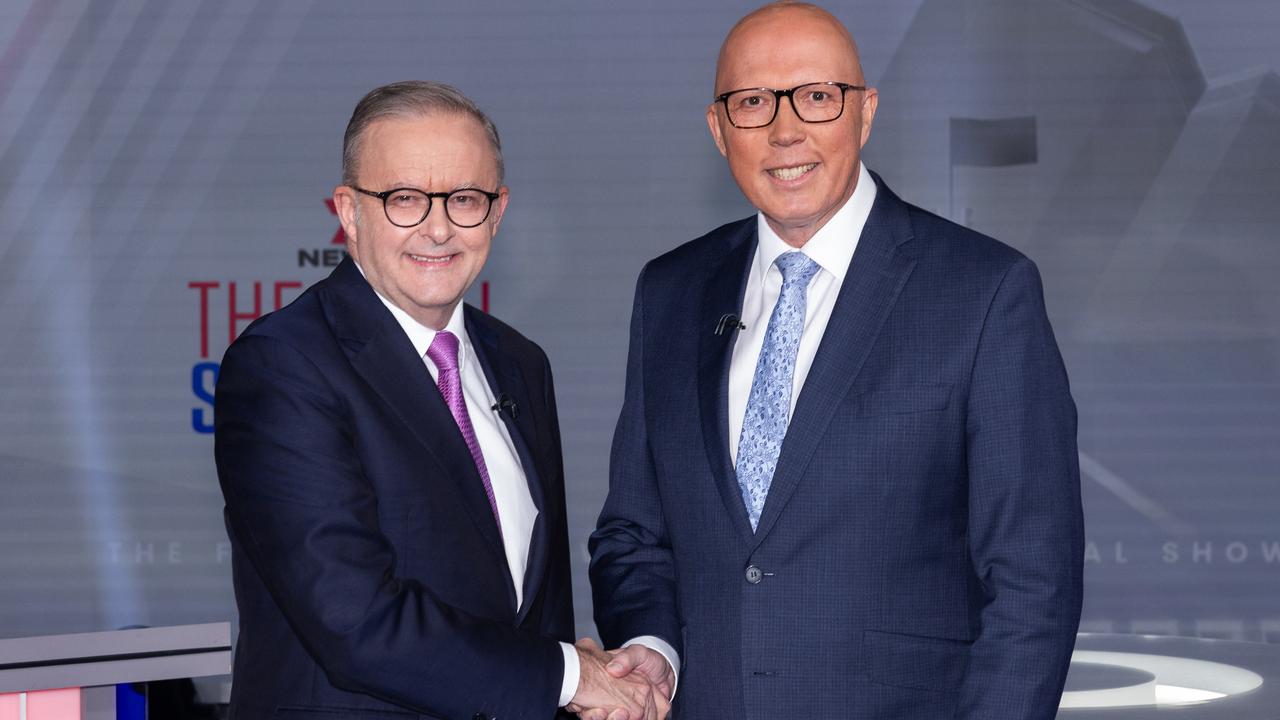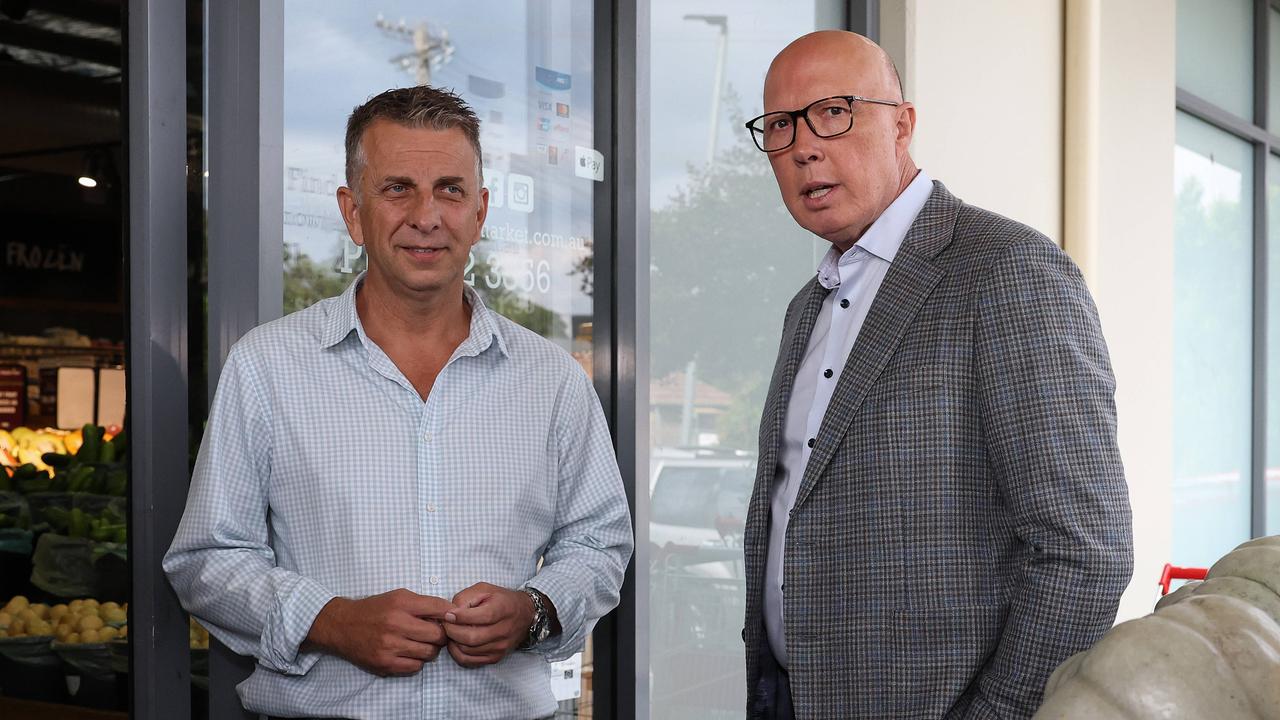Coronavirus: RBA shy on forecasts, strategy
Reserve Bank governor Philip Lowe on Tuesday was reluctant to reveal specific forecasts for GDP and the unemployment rate.
The “gentle turning point” we were expecting for the economy, thanks to frequent reassurances by the Reserve Bank, has turned out to be a chasm of extraordinary depth.
As former Bank of England governor Mervyn King suggested this week in The Australian, forecasts are often not worth the huge effort that goes into them.
Understandably, Reserve Bank governor Philip Lowe was reluctant to reveal specific forecasts for GDP and the unemployment rate in his speech on Tuesday, sticking to the conventional wisdom that the economy will contract around 10 per cent and the jobless rate rise to as much around the middle of the year.
He did, however, lay out the Reserve Bank’s independence from the government amid concerns the new quantitative easing program could lead to money printing to fund budget deficits.
“The central bank does not finance the government; instead, the government finances itself in the market,” Dr Lowe said.
Economical use of language is a hallmark of Reserve Bank speeches. It was noticeable therefore the governor made this point three times. “I would like to restate that we are buying bonds in the secondary market and we are not buying bonds directly from the government,” he said a bit later.
The RBA has purchased $47bn in federal and state government bonds with freshly created electronic money since it announced new policies in late March. Banks’ deposits with the Reserve Bank — known as exchange settlement accounts — have surged from $2.5bn to $83bn since then.
The government’s $214bn of new spending can’t be financed from borrowing from abroad, as it usually is. The central bank, for now, is effectively printing money electronically to ensure JobKeeper, Seeker, and the whole panoply of subsidies can be paid without causing a surge in interest rates.
The governor is right; in theory, these bonds can ultimately be sold back to the private sector when the economy improves. But when? History abroad suggests it won’t be anytime soon.
The trick will be ensuring government — and voters — don’t get addicted to the money tree in the meantime. If central bankers lose their ability to say no to treasuries, things could turn out badly.
“The twin health and economic emergencies that we are experiencing now will cast a shadow over our economy for some time to come,” the governor said.
It’s a pity the governor wasn’t a little more specific in his calls for “reform”.
Yes, let’s use this crisis to make tough decisions we couldn’t have a year ago — but what? Simplify and lower income tax, scrap the increase in compulsory superannuation and radically simplify industrial awards would be top of my list. It would be nice to know his.




To join the conversation, please log in. Don't have an account? Register
Join the conversation, you are commenting as Logout